Table of Contents
Data Science Vs Data Analytics
This article discusses the difference between data science and data analytics. Data science will collect and clean data. On the other side, data analytics will also look at past data to find patterns and help with decision-making.
Data science is like the big picture, while data analytics is more about understanding what happened before. Let’s explore these differences to make it clear!
What is Data Science?
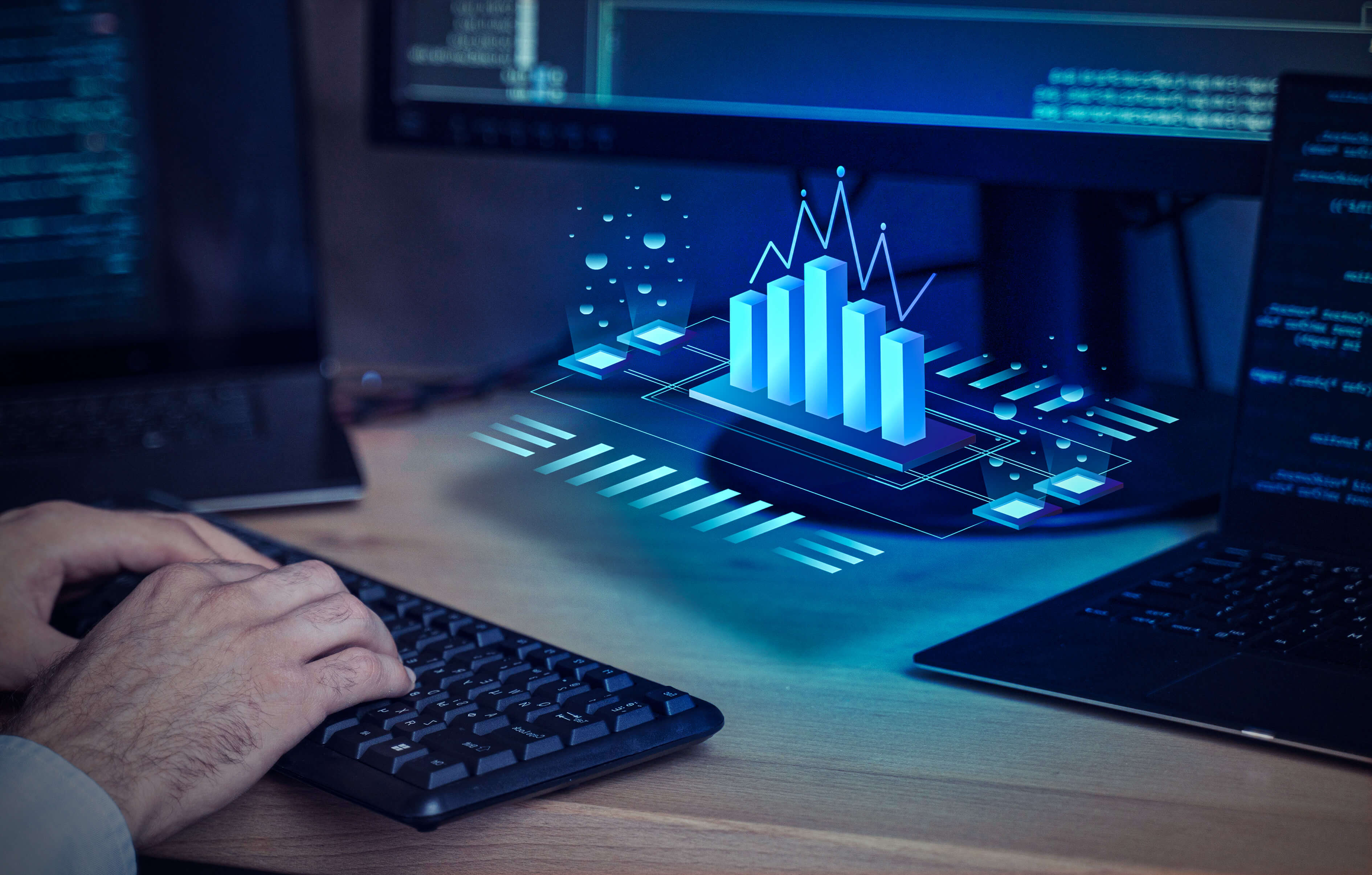
Data Science involves programming, statistics, and machine learning. The main goal of data science is to check patterns and get useful insights from the data.
Data Science is an area that will focus on extracting meaningful information and insights through various algorithms preprocessing and scientific methods on structured and unstructured data. This field is very closely connected with Artificial Intelligence and is currently one of the most demanded skills.
Data scientists can give recommendations (think of Netflix suggesting a show), and predictions based on what happened before, and even understand the fraud by spotting things that don’t fit the usual pattern. They also help computers make decisions using special rules they create.
What is Data Analytics?
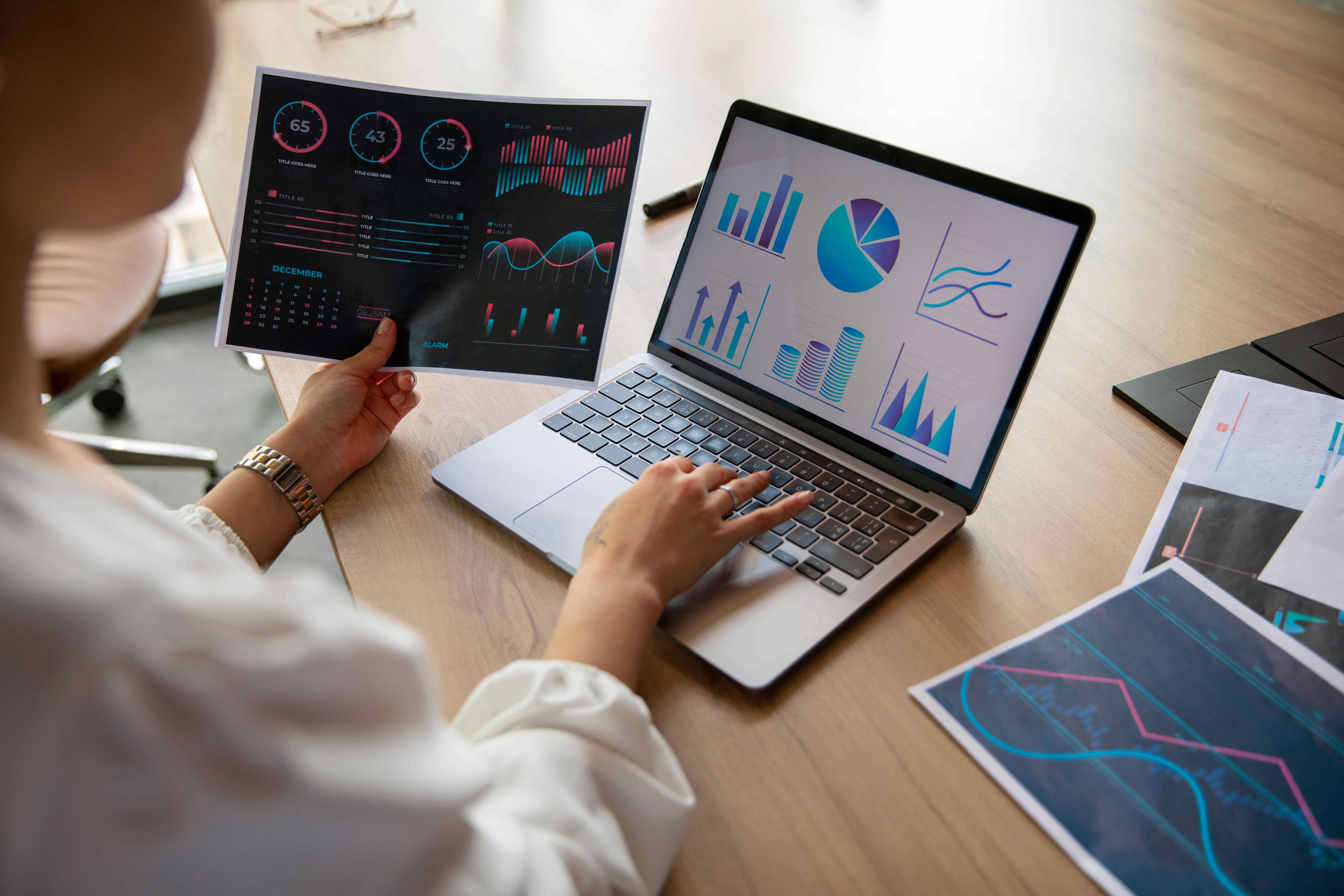
Data Analytics is commonly used to get conclusions through processing the raw data. It plays an important role in various businesses because it will help the company to make decisions depending on the conclusions from the data.
Data analytics will also help to convert a Large number of figures in the form of data into Plain English i.e., conclusions that are beneficial in making in-depth decisions
Data analytics is like solving puzzles with data. It helps organizations make smart choices by looking closely at information. It’s similar to data science but often focuses more on answering specific questions rather than exploring a lot of data. It’s like zooming in on details to find solutions.
Differences Between Data Science And Data Analytics
| Feature | Data Science | Data Analytics |
|---|---|---|
| Use of Machine Learning | Data Science has machine learning algorithms for more understanding purposes. | Whereas, Data Analytics won’t use machine learning algorithms. |
| Programming Skills | Data science needs In-depth knowledge of programming is | Data Analytics requires basic Programming skills. |
| Coding Language | Python is the language mostly used for data science with several other languages such as C++, Java, Perl, etc. | Data Analytics requires the knowledge of Python and R Language. |
| Scope | There is more scope for data science. | In Data Analytics, the scope is very less. |
| Goals | Data Science has new innovations and explorations. | Meanwhile, in Data Analytics, it will use existing resources. |
| Data Type | Data Science make use of unstructured data. | It will use structured data. |
| Statistical Skills | In the field of Data Science, statistical Skills are very important. | Statistical Skills is not needed for Data Analytics. |
| Other Skills | Data Science uses data mining activities to get insights. | Data Analytics uses Hadoop Based Analytics to get conclusions from raw data. |
Skills Of the Data Scientist
- Python Skills
- R Skills
- Statistics and Math Skills
- SQL Skills
- NoSQL Skills
- Data Visualization Skills
- Machine Learning and AI Skills
- Deep Learning Skills
- Natural Language Processing Skills
- Big Data Skills
- Cloud Computing Skills
Skills Required for Data Analyst
The skills for the Data Analyst are the following:
Business Skills:
- Help set goals and give examples of Key Performance Indicators (KPIs).
Technical Expertise:
- Know how to handle data (data integration and management).
- Understand data models.
- Be good at programming using languages like R, SAS, and SQL.
- Use statistical analysis for insights.
- Create reports and analyze data.
What is the Future Of Data Science?
The future of data science is very bright and promising. As data science moves forward, jobs will become more specific, letting people focus on what they like. For those who like data science, there are many opportunities to pick what suits them best by choosing specific areas to work on. This way, they can have a successful and exciting career in data science.
Use Cases of Data Science:
Self Driving Cars

Data is like a superhero for new technologies. Self-driving cars, like Tesla, use it to become better at understanding and navigating roads. In healthcare, having lots of patient information helps us find and treat illnesses early, stopping big health problems. Weather predictions get better when we use data from the past.
Google Maps

Computers also help catch bad activities, like fraud, quickly. Video games can make playing more fun by learning what you like. Apps like Google Maps use data to tell us the best way to go and even help prevent accidents.
Netflix

When you watch shows on platforms like Netflix, they use what you liked before to suggest more cool stuff for you. But, we always need to be careful with data to keep things safe and fair.
What is the Future Of Data Analytics?
Data analytics is changing how we live and do business. Many companies are investing in it, but there are challenges. Some struggle with the quality of data and finding skilled people. Becoming more data-driven is important, but not easy. We’re still in the early stages of using data. Overcoming challenges is key to getting the full benefits of data analytics.
At first, data analytics helped us make decisions. Now, it’s making our decisions even better. For example, it combines sales, location, and weather data to give us new insights, like understanding which stores are doing well and improving how we stock them.
Instead of being worried, let’s see it as a chance. The growth of data analytics means new jobs or changes in existing ones. Cloud services like Amazon Web Services, Google, and Microsoft Azure will help handle and store data. We’ll also see new ways of analyzing data, like machine learning and cognitive analytics, leading to new types of jobs. Right now, Microsoft Cortana and IBM Watson are leading in this exciting field.
Conclusion
So, in summary, Data Science and Data Analytics are like a powerful team for understanding data. Data Science helps us see the big picture by connecting dots in large datasets, and Data Analytics zooms in to answer specific questions with more details.
They work together to make sense of data, each having its important job in turning data into useful knowledge.
Data Science Vs Data Analytics- FAQ
Q1. What is difference between data analytics and data science?
Ans. Data Analytics is a part of Data Science that zooms in on specific questions and gives more detailed answers. It’s like looking at the bigger picture first with Data Science and then zooming in for more details with Data Analytics.
Q2. Which is harder data analytics or data science?
Ans. A Data science is comparatively more harder than data analyst. A data scientist knows a lot about machine learning, predicting things, and programming languages. But remember, both jobs are equally important in the world of data science.
Q3. Which pays more data analyst or data scientist?
Ans. A Data Analyst can reach a comfortable salary with time, while a Data Scientist has higher long-term earning potential, though it can be a more expensive career path.
- What Is The Future Of Data Analytics
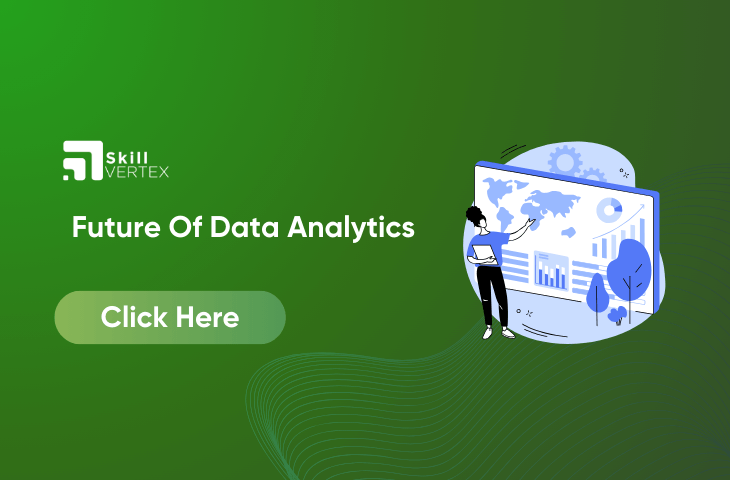
- What Is The Future Of Data Science
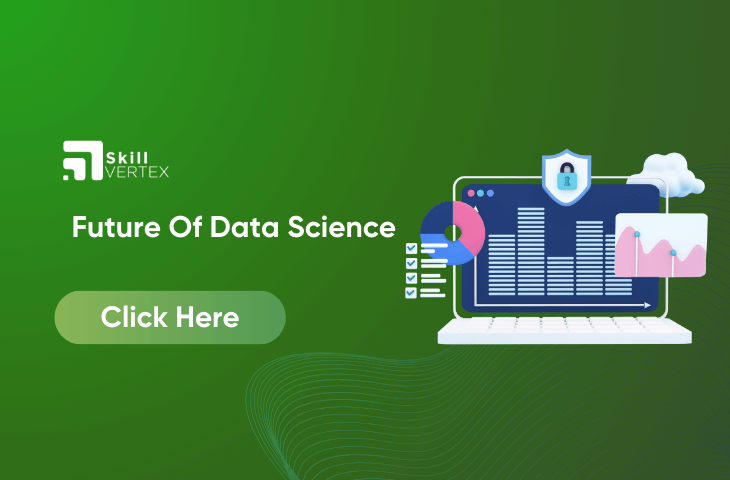
- Data Scientist Salary In India 2024
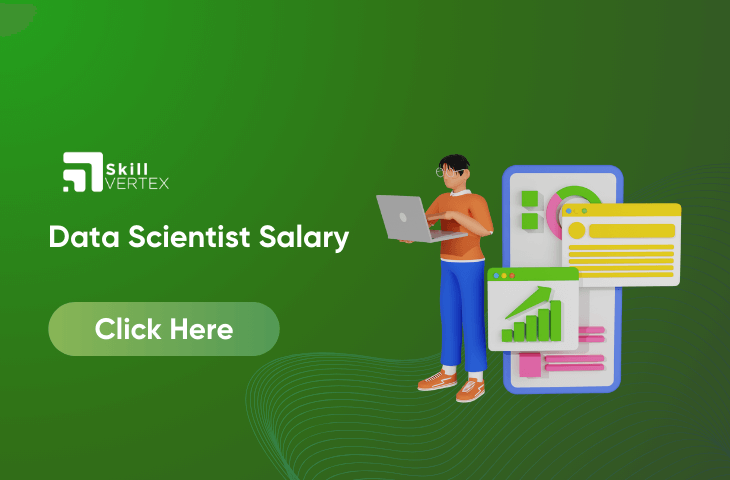
- Data Science Vs Data Analytics: Key Differences And Similarities
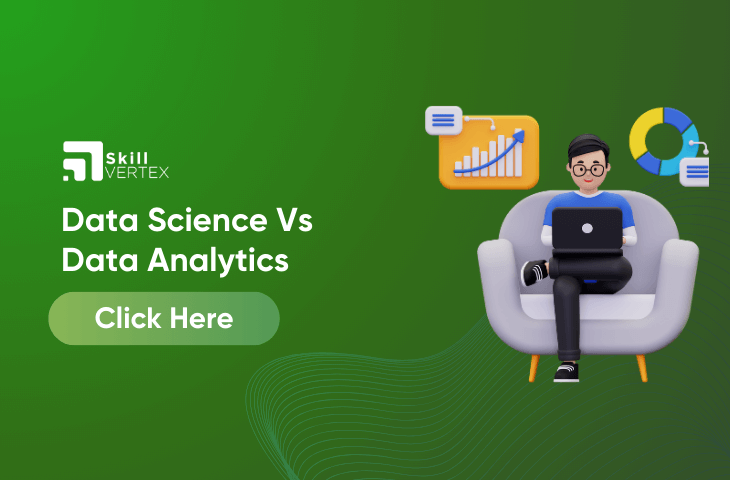
- Top 25 Data Science Tools to Work In 2024
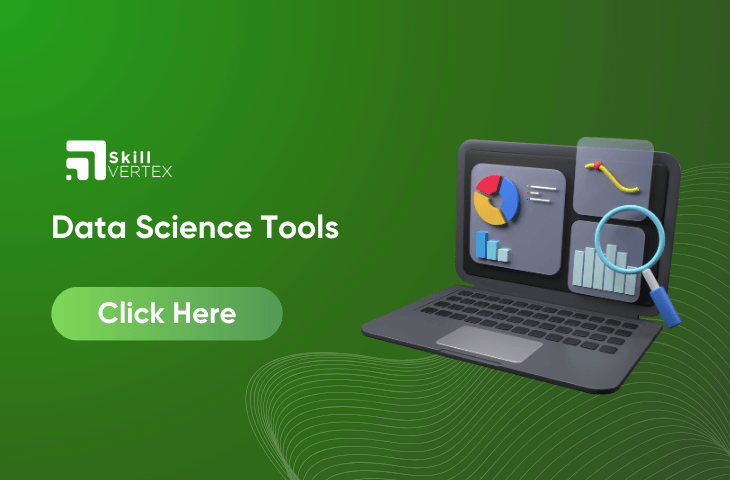
- Data Science And AI Gate Syllabus 2024
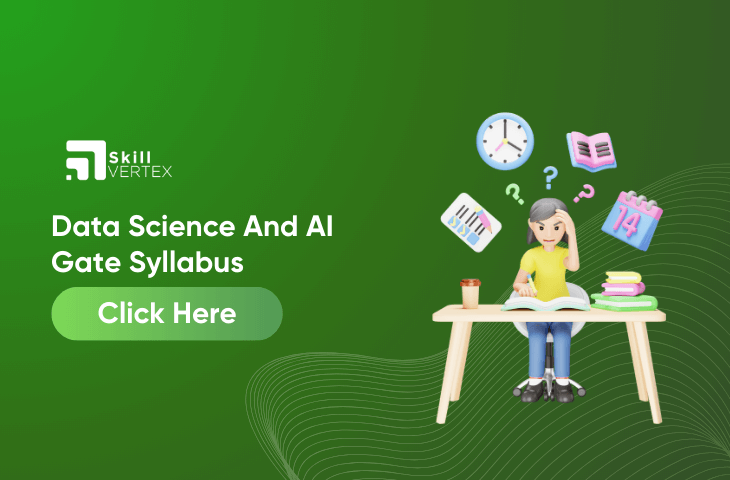
Hello, I’m Hridhya Manoj. I’m passionate about technology and its ever-evolving landscape. With a deep love for writing and a curious mind, I enjoy translating complex concepts into understandable, engaging content. Let’s explore the world of tech together
